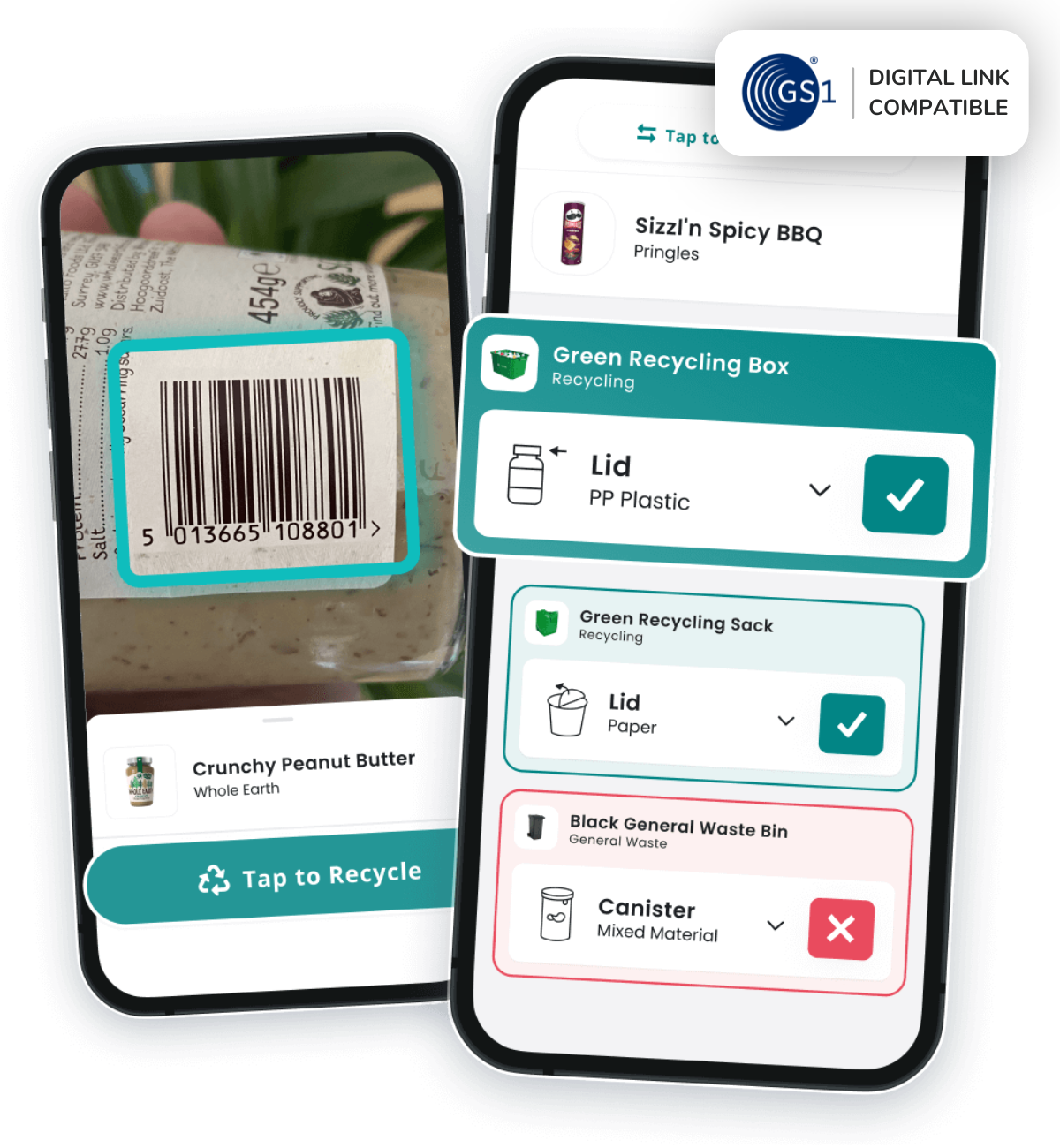.png)
Statistically, 8 out of 10 people do not know what the circular economy means. This article is here to provide some help in better understanding what the circular is, its core principles and the stakeholders involved.
What is the Circular Economy?
By definition; a circular economy is an economic system aimed to minimize waste by making the most of resources. In contrast with a traditional linear economy, which follows a 'take, make, dispose' model of production, the circular economy model, focuses on designing products for longevity, reparability, and recyclability ♻️.

Who are the Stakeholders involved with the Circular Economy?
Below is a step-by-step guide to a circular economy model 👇

What are the key principles of the circular economy?
Here are the key principles of a circular economy:
🔄 Design for durability, reusability, and recyclability: products are designed to last longer and be easily repaired or repurposed, reducing the need for new raw materials.
🔄 Keeping products and materials in Use: products and materials are kept in circulation through activities such as recycling, upcycling, and refurbishing.
🔄 Regenerating natural systems: a circular economy supports and enhances natural systems by returning valuable nutrients to the ecosystem.
🔄 Using renewable resources: the use of renewable energy sources and materials to reduce environmental impact.
🔄 Circular business models: businesses adopt models that prioritize product longevity, such as leasing, product-as-a-service, and take-back schemes.
The circular economy aims to create a closed-loop system where resource input, waste, emissions, and energy loss are minimized through long-lasting design, maintenance, repair and reuse, remanufacturing, and recycling ⭐️.
How can Scrapp help?
Are you aiming to learn more about the circular economy? Join the zero-waste champions to learn more and kickstart your circular economy career. We're aiming to reduce the barriers of the circular economy, as the market grows to a 4.5T market opportunity by 2030.
